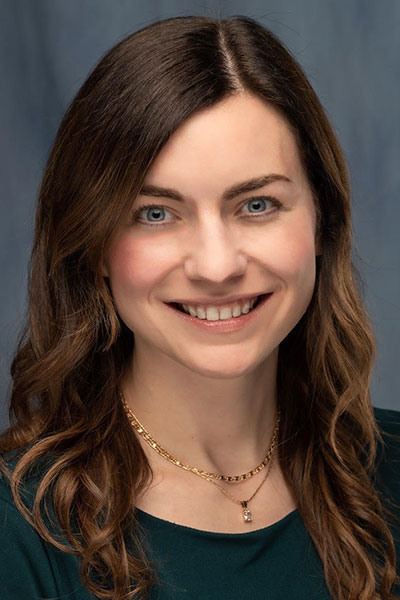When a child with diabetes visits the clinic, there are so many metrics to check and procedures to perform that sometimes, understanding of the lived experience can suffer. To help children and their families manage this lifelong disease, it’s crucial providers work together as a team. A Sunday, June 25, symposium will address the family experience from a psychological perspective.
Improving Inclusive Care in Pediatric Diabetes Clinics—ADA Youth Strategies Committee Symposium will take place at 1:30 p.m. PT in Room 29 of the San Diego Convention Center. Jill Weissberg-Benchell, PhD, CDCES, who leads the ADA’s Youth Strategies Committee, will chair the symposium.

Sarah C. Westen, PhD, Clinical Assistant Professor and Director of Diabetes Behavioral Medicine and Psychology in the Department of Clinical and Health Psychology at the University of Florida, led the Psychosocial Subcommittee of the Youth Strategies Committee, which developed a video project over the past two years with the goal of “building provider-level understanding of the psychosocial impact of living with diabetes for children, young adults and families.”
By talking to stakeholders, including children and their families, physicians, psychologists, nurses, certified diabetes educators, and medical assistants, the team homed in on the best way to address common communication problems in the clinic and translated them into video vignettes.
“In this session, we are going to present videos created by the Psychosocial Subcommittee that focus on teaching providers practical strategies to improve use of inclusive language and enhance communication between medical teams and children and families in the clinic setting,” Dr. Westen said.
These videos give examples of suboptimal and optimal care both in the clinic and via telehealth. They cover each step of the clinical process, from check-in, to vital signs, to the physician visit. In addition, the videos were designed to be relevant for any professional working with a child living with diabetes, she said. This includes endocrinologists, nurses, primary care providers, technicians, and anyone who may interact with these children in a professional setting. The child and family also are crucial team members.
Dr. Westen said this new video resource will help providers shift their language to promote healthy outcomes such as using language that doesn’t frame blood glucose results as good or bad, but instead as simple data that will be considered in the treatment plan. It’s crucial for the child and family to be part of the team, she said.
“I’m very excited about it. I hope everyone in the audience can really learn strategies to effectively talk to children and families about difficult topics, such as time-in-range, A1C, beginning the use of diabetes technology, engagement in the diabetes regimen, changes in weight status,” Dr. Westen said. “We’re going to teach participants how to address these topics with families in a way that promotes self-efficacy and engagement in diabetes and do so with respect to inclusivity.”
Dr. Anthony Vesco, PhD, a psychologist at the Ann & Robert H. Lurie Children’s Hospital of Chicago, is a coauthor of the project and will also present during the symposium. Drs. Westen and Vesco will highlight the work of colleagues including Dr. Weissberg-Benchell and Nicole Johnson, DrPH, MPH, MA, American Diabetes Association Vice President of Science and Health Care.

